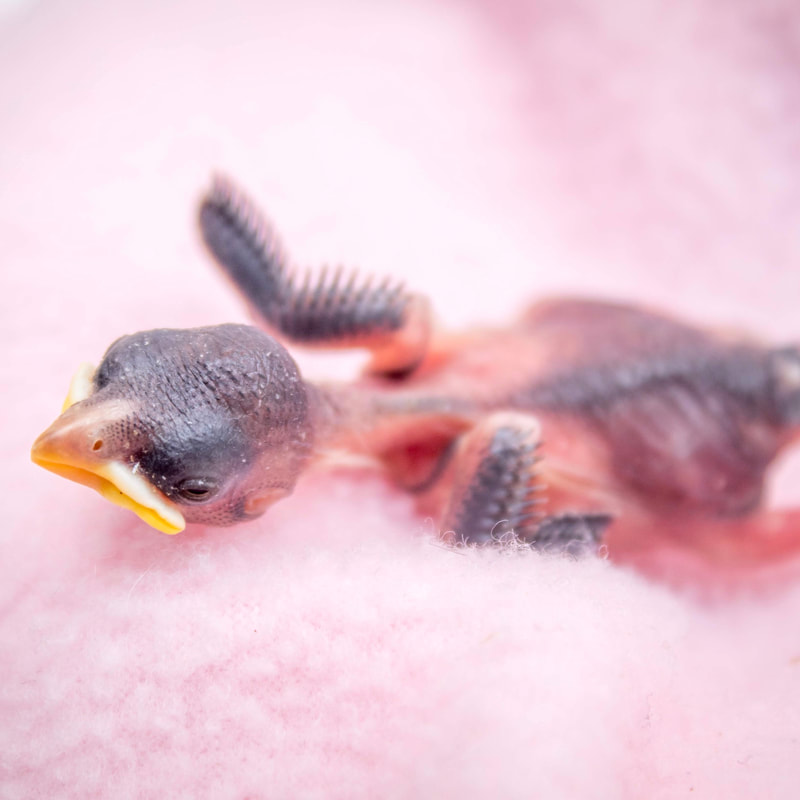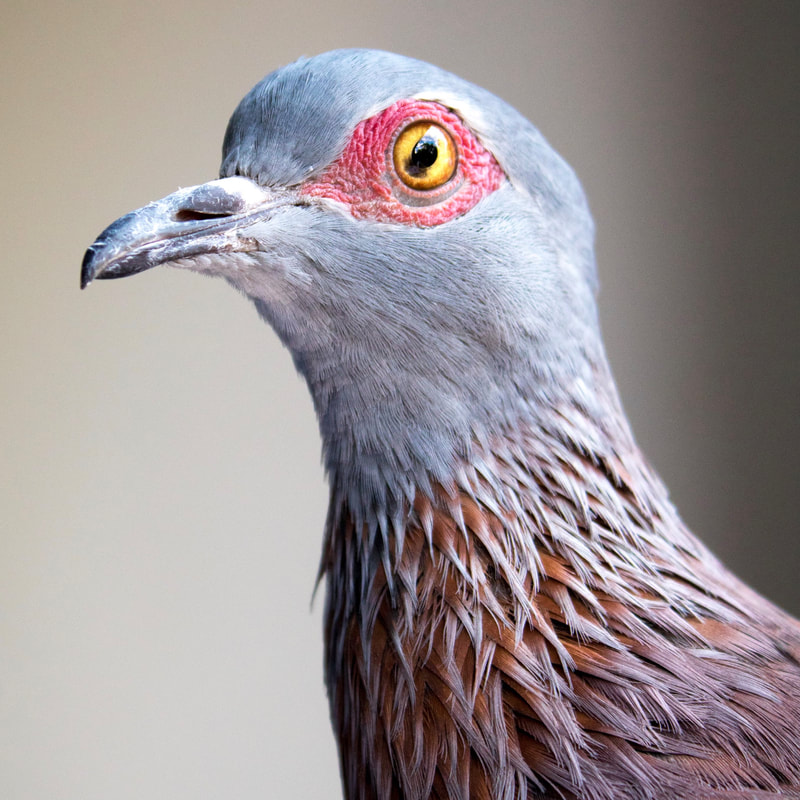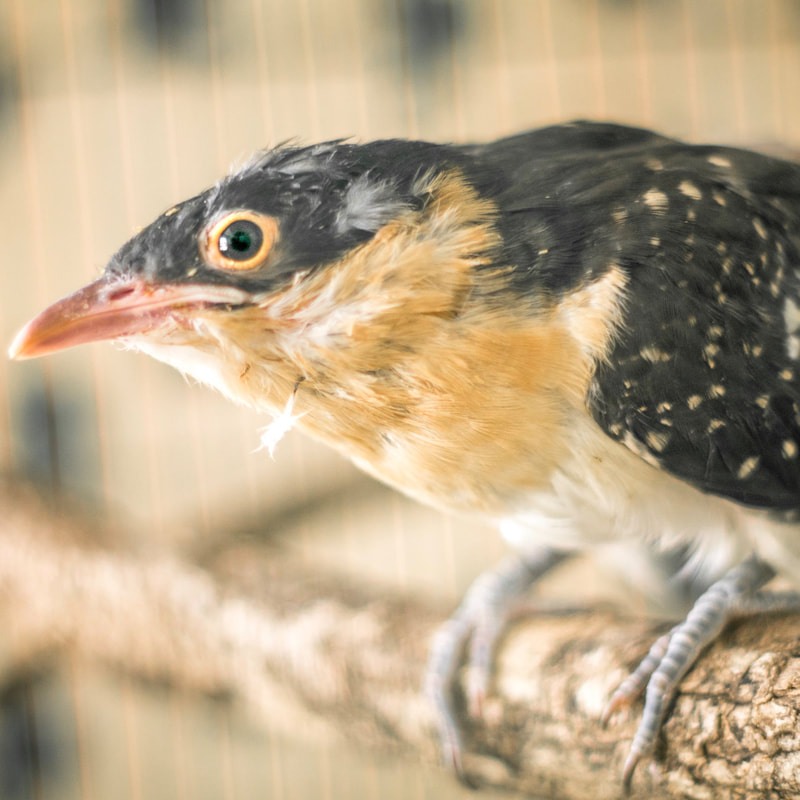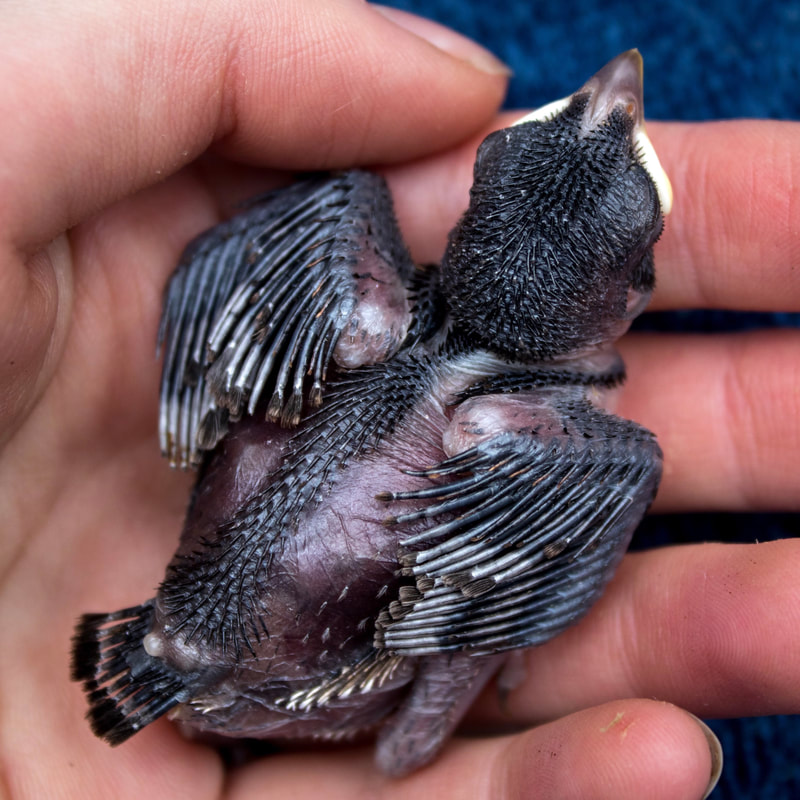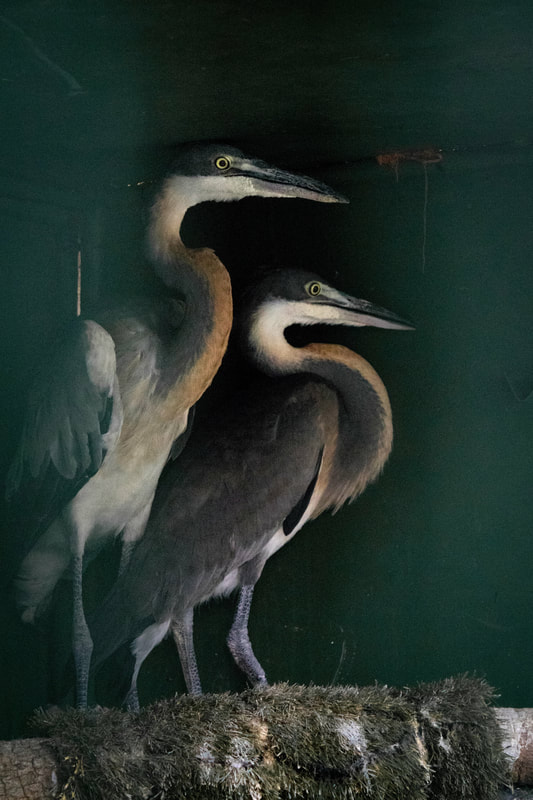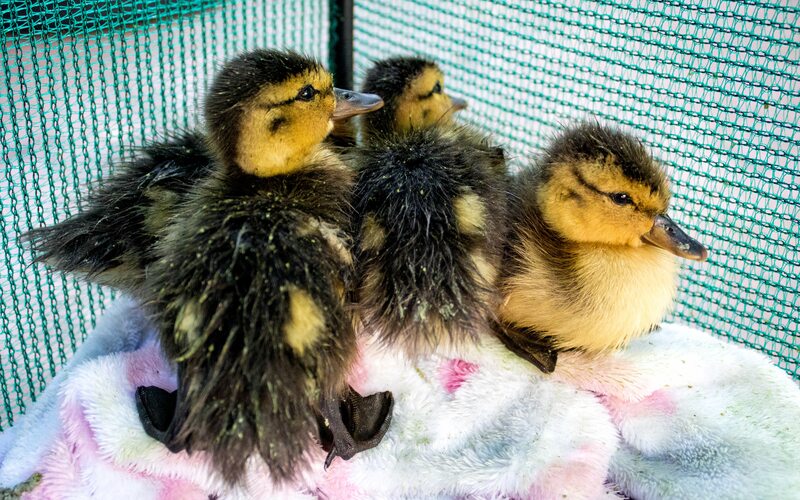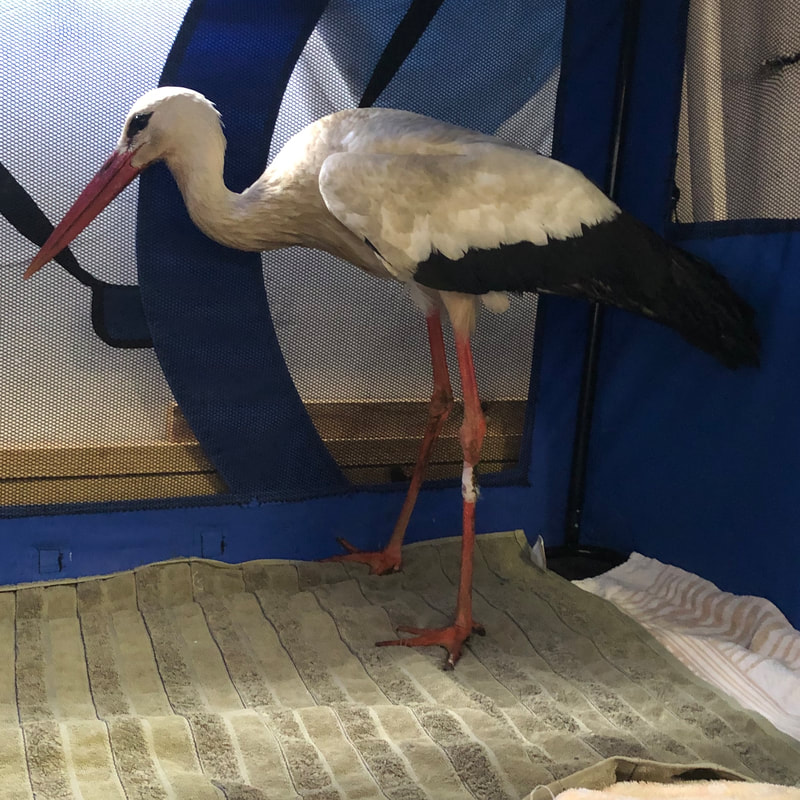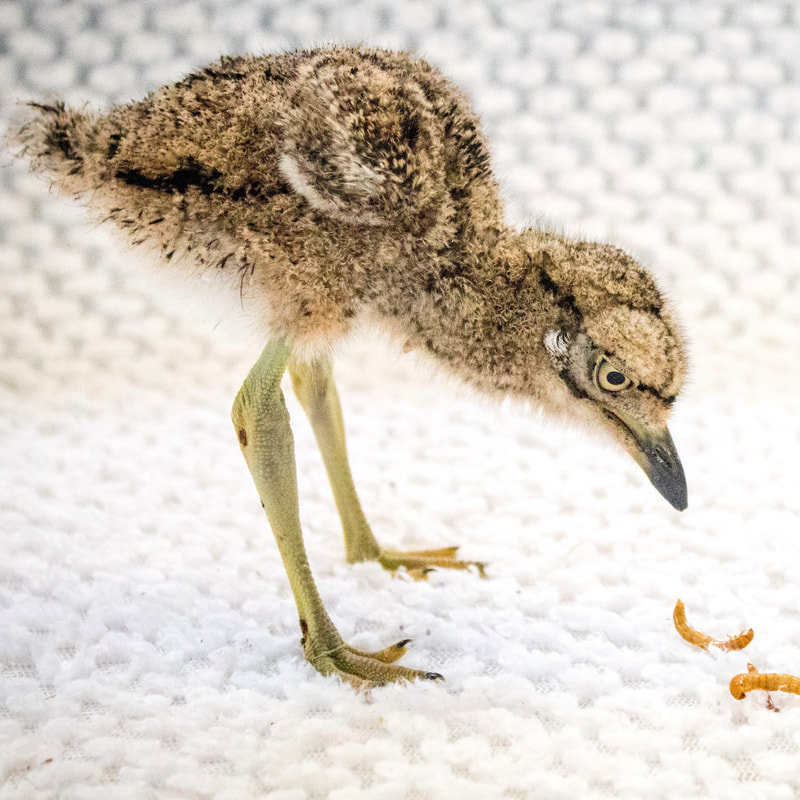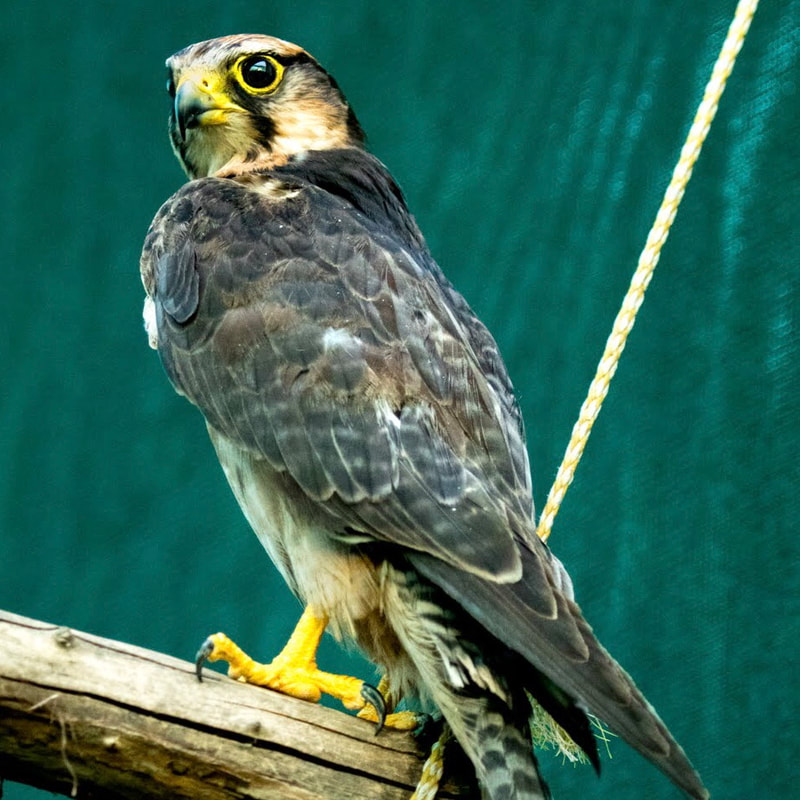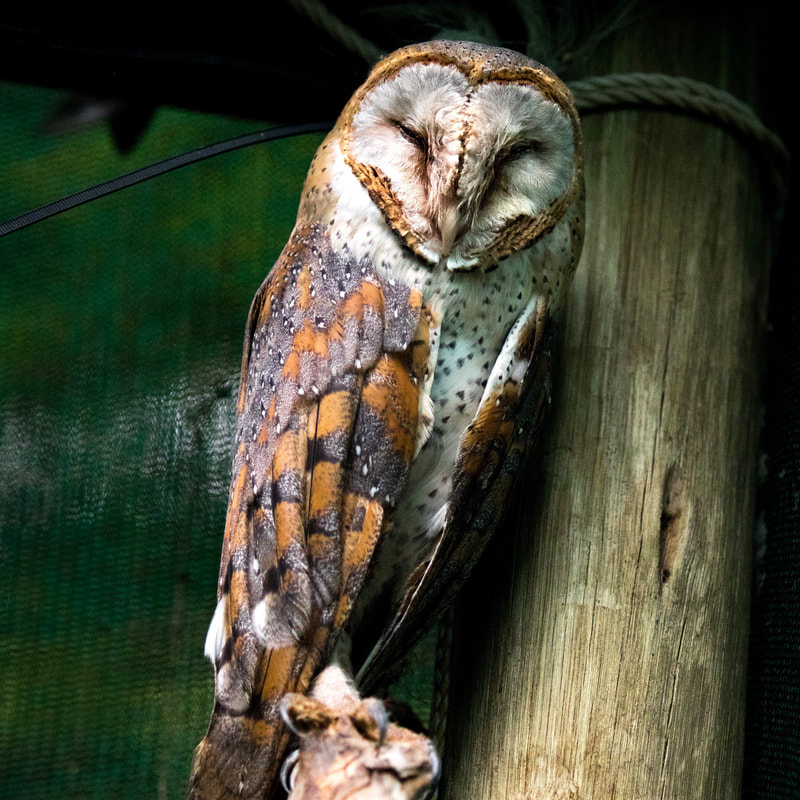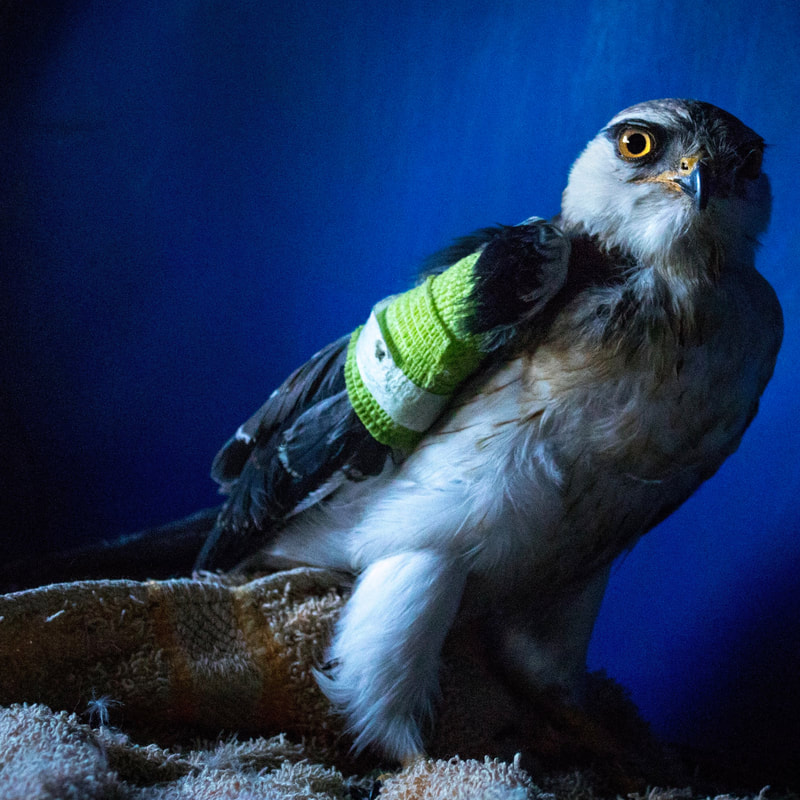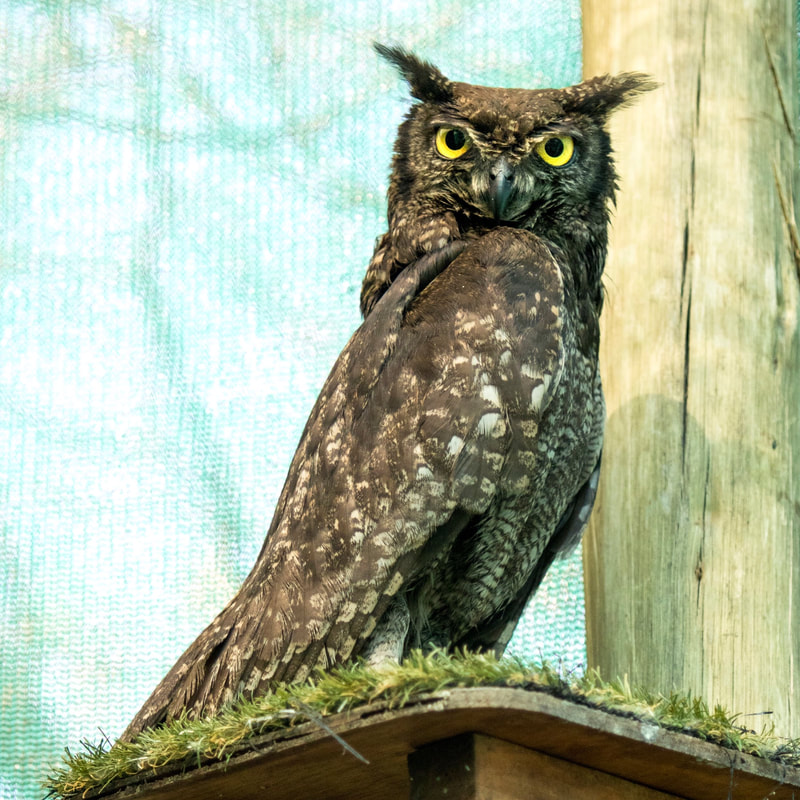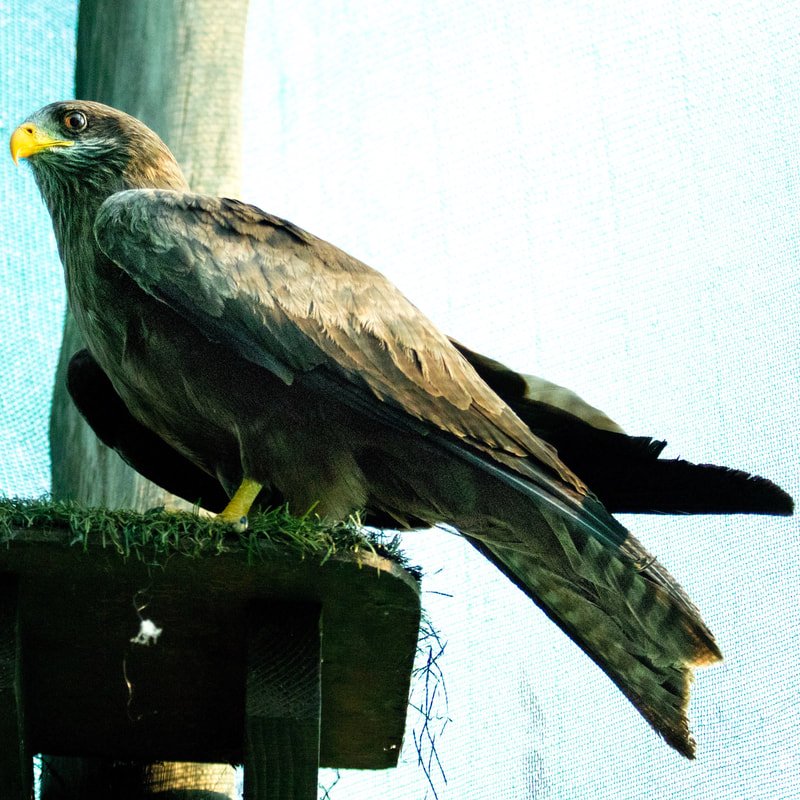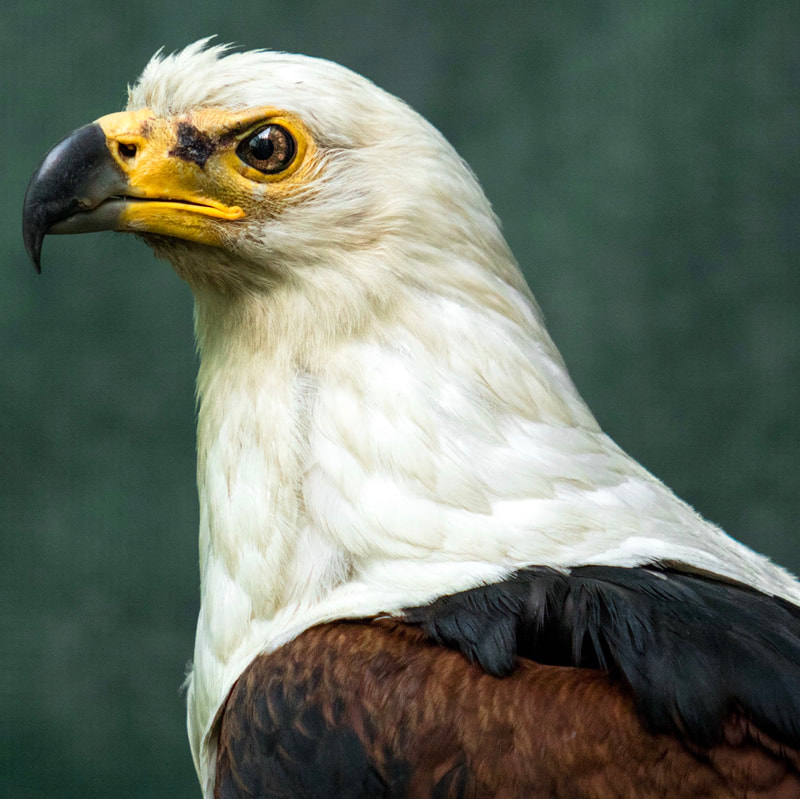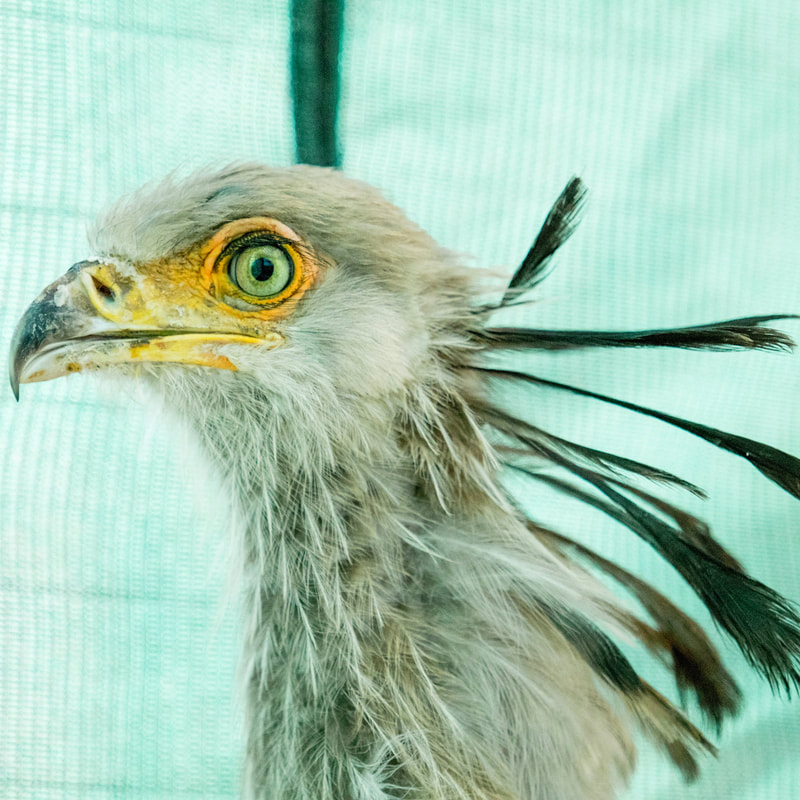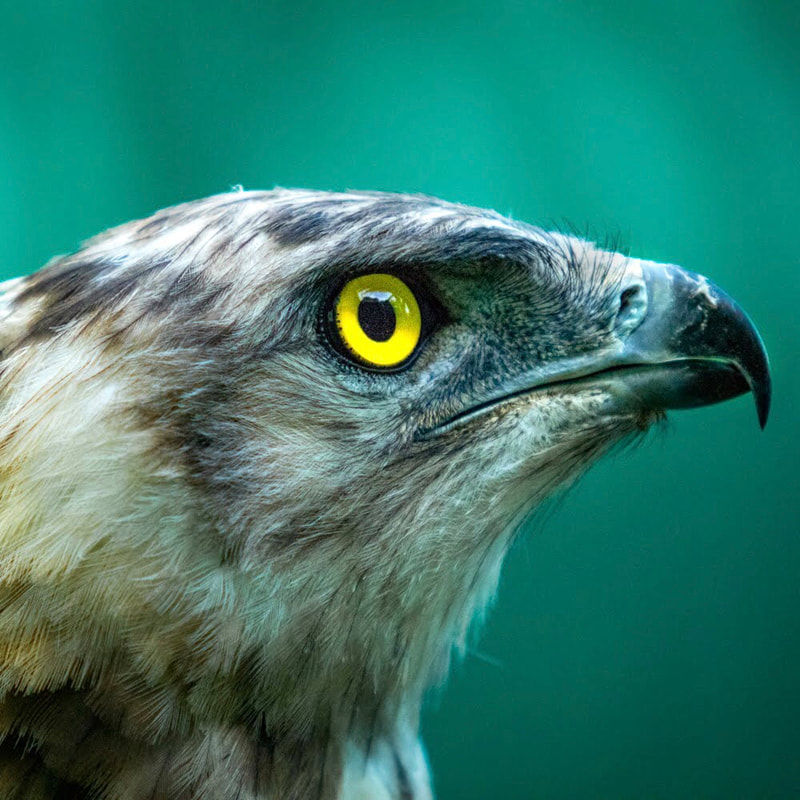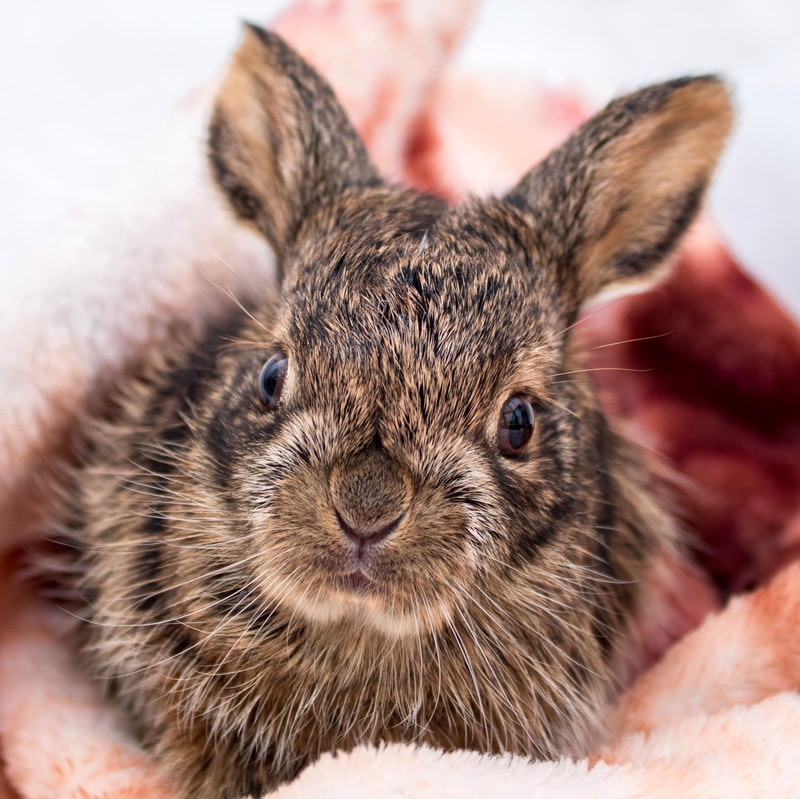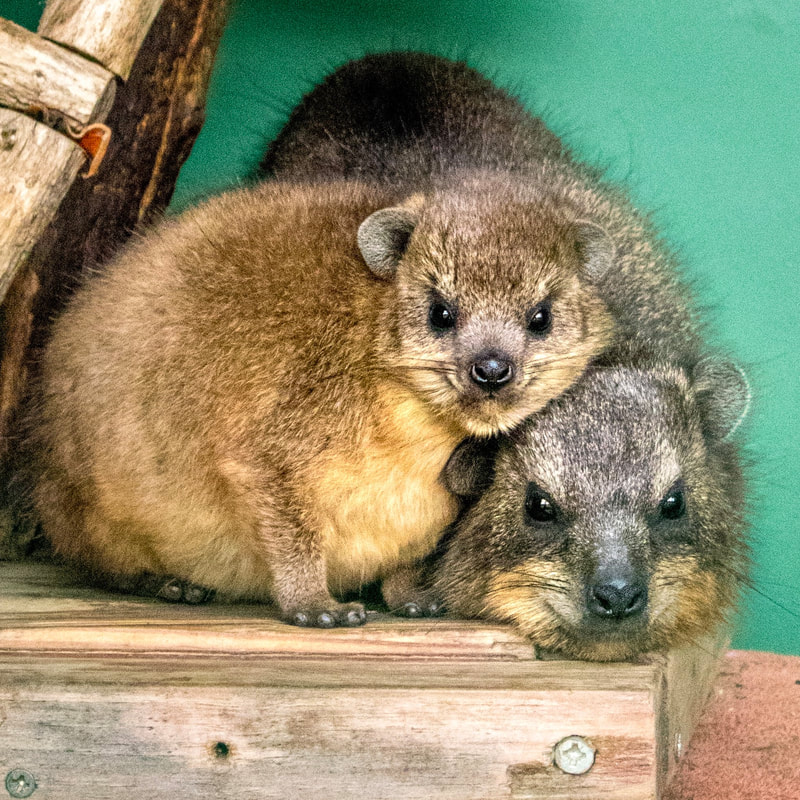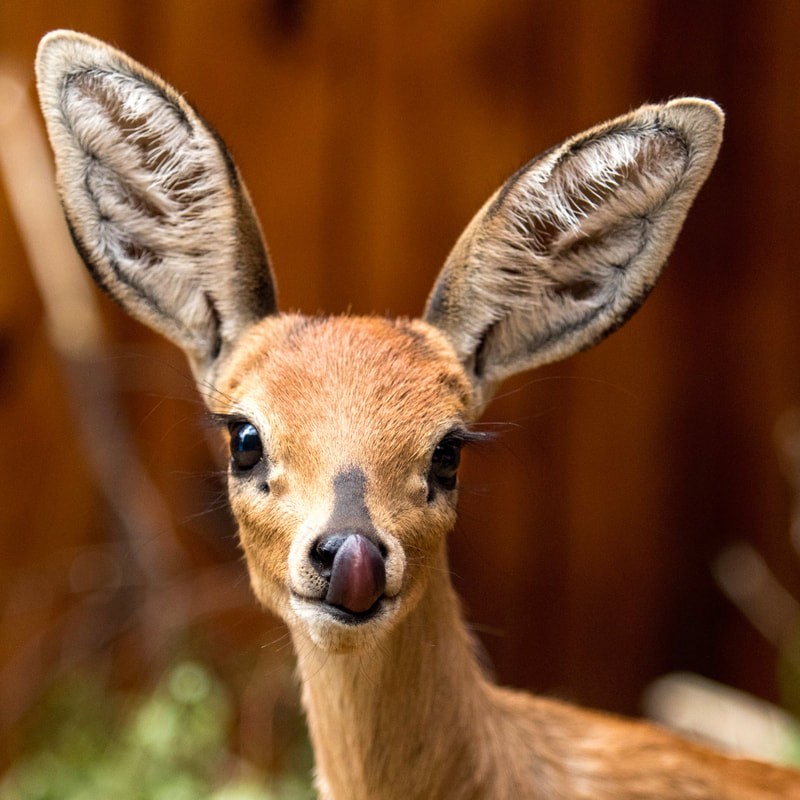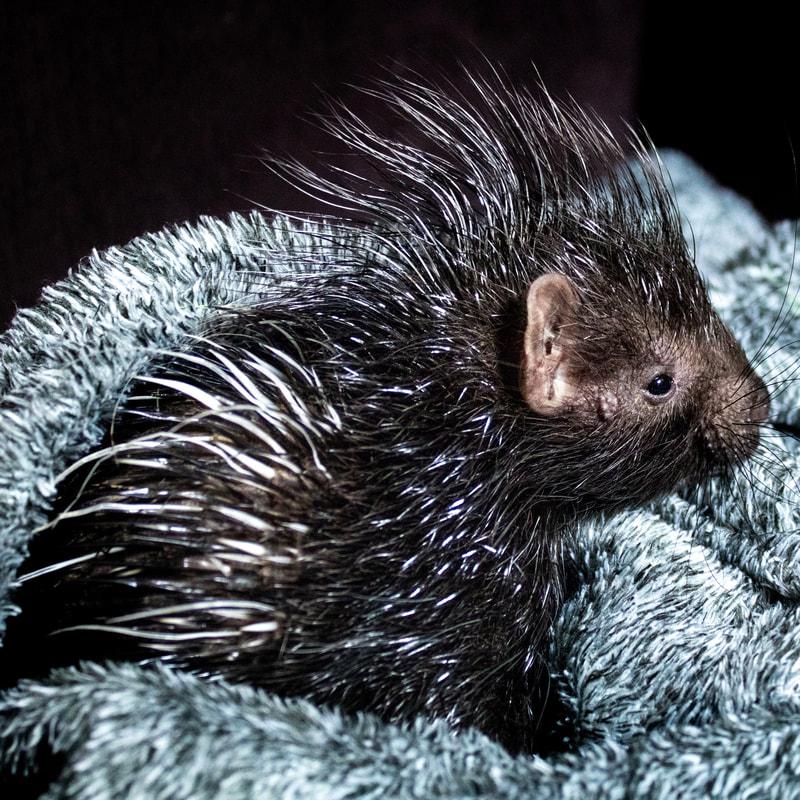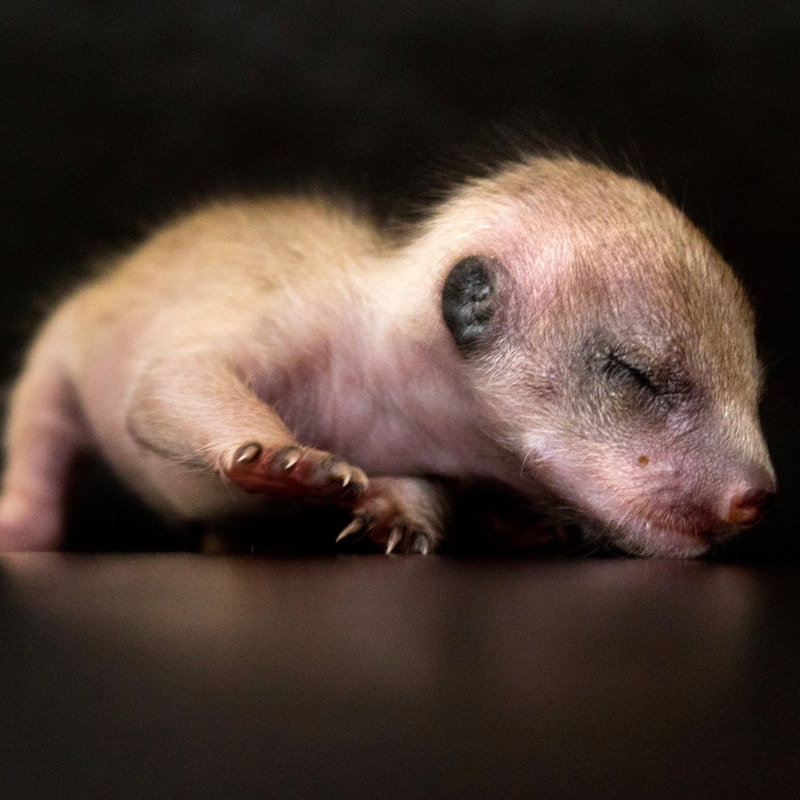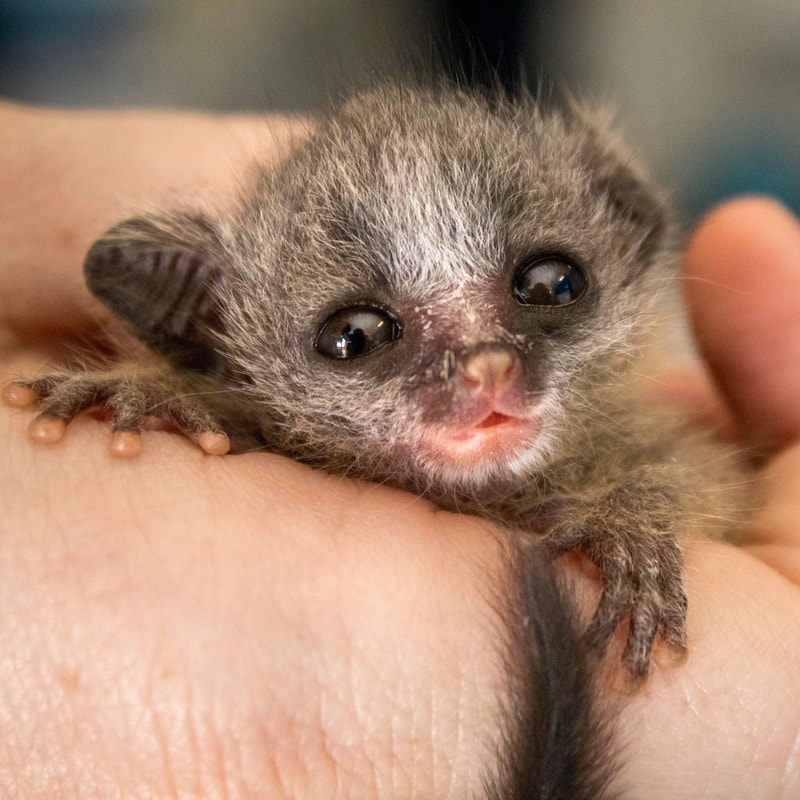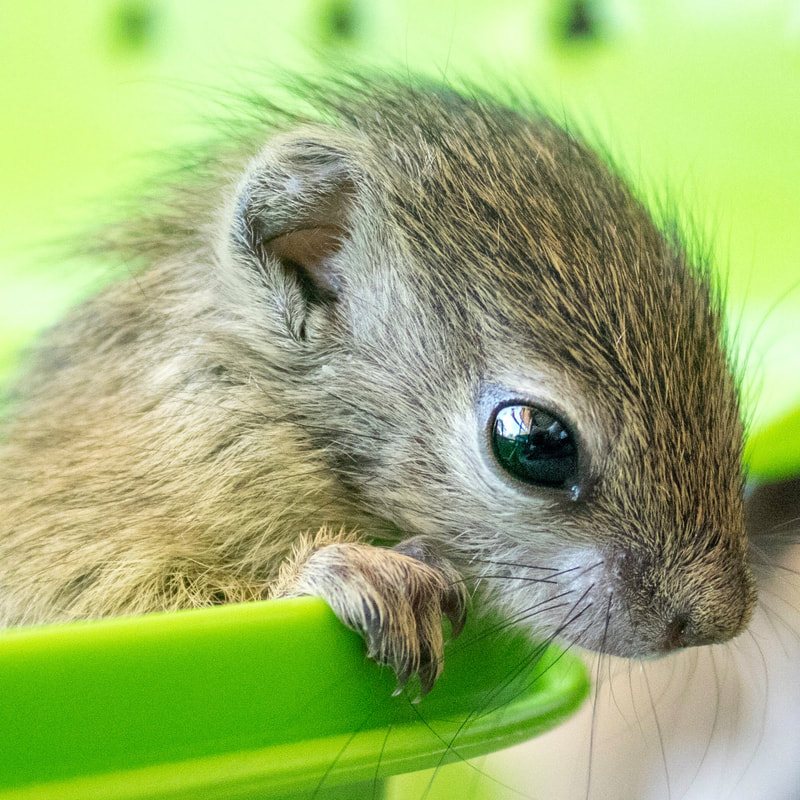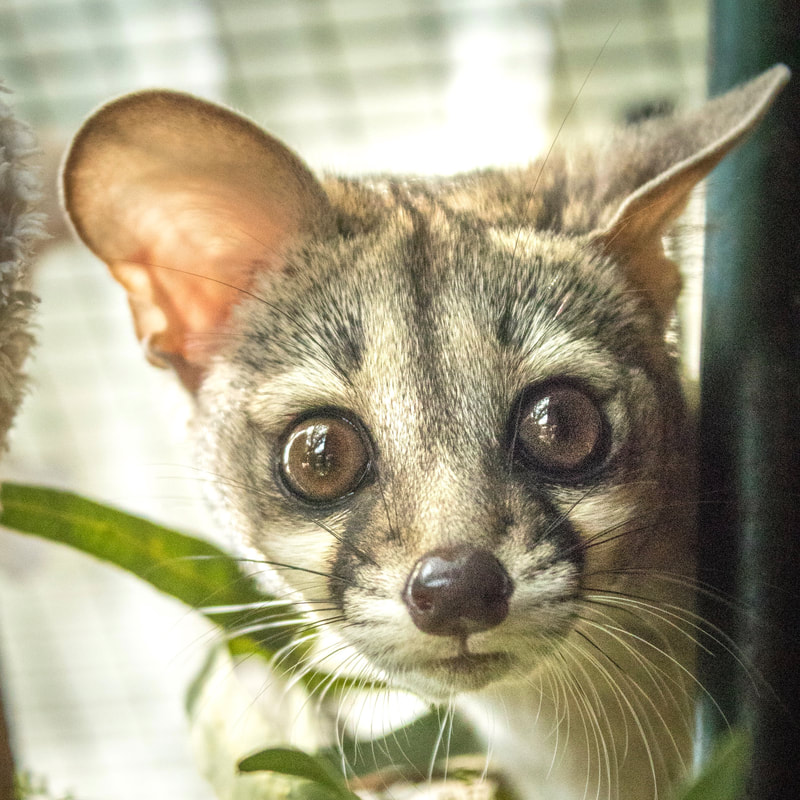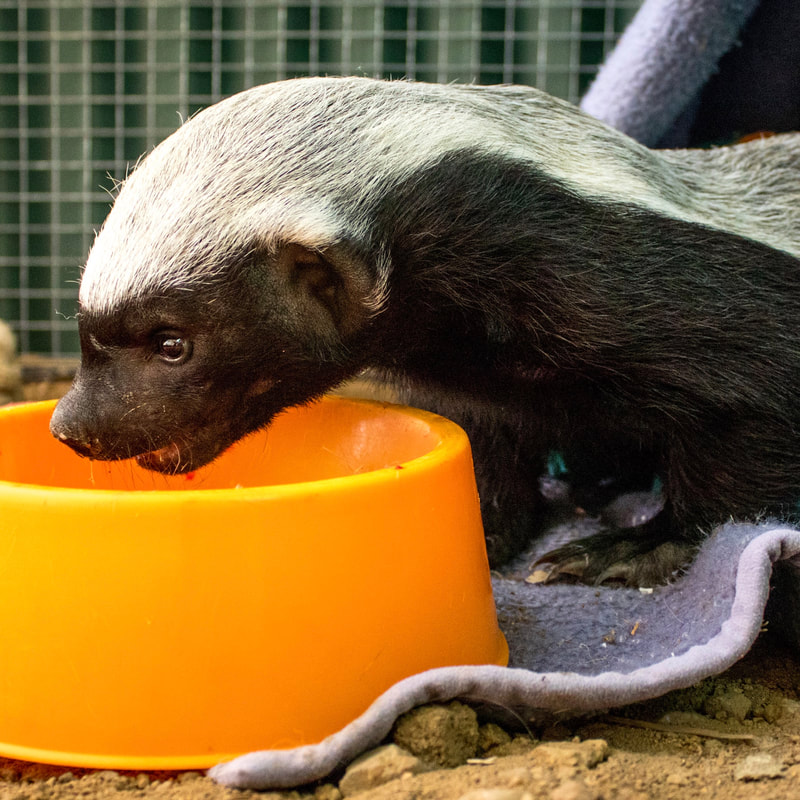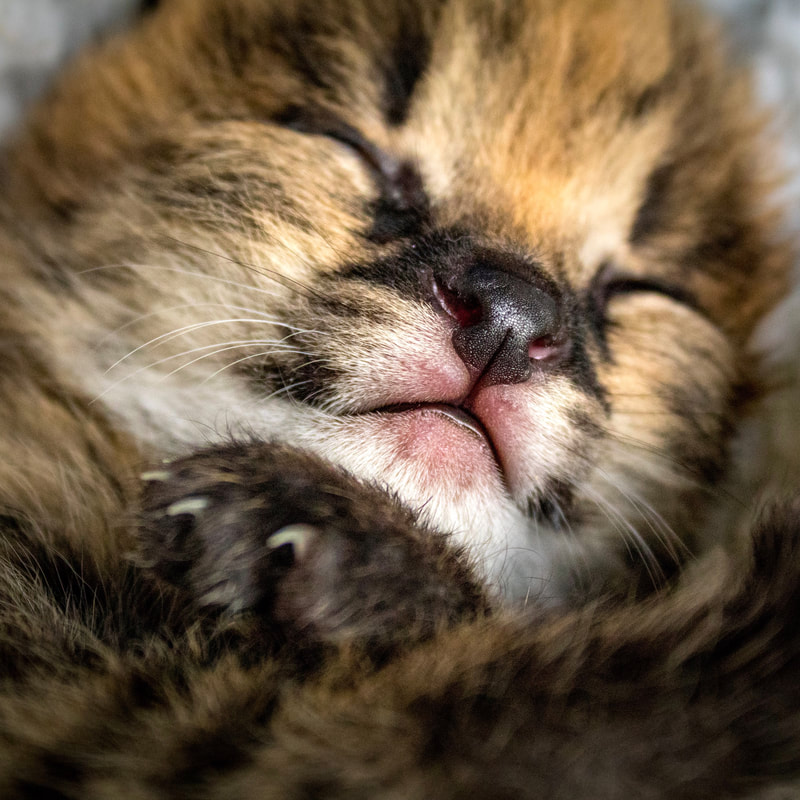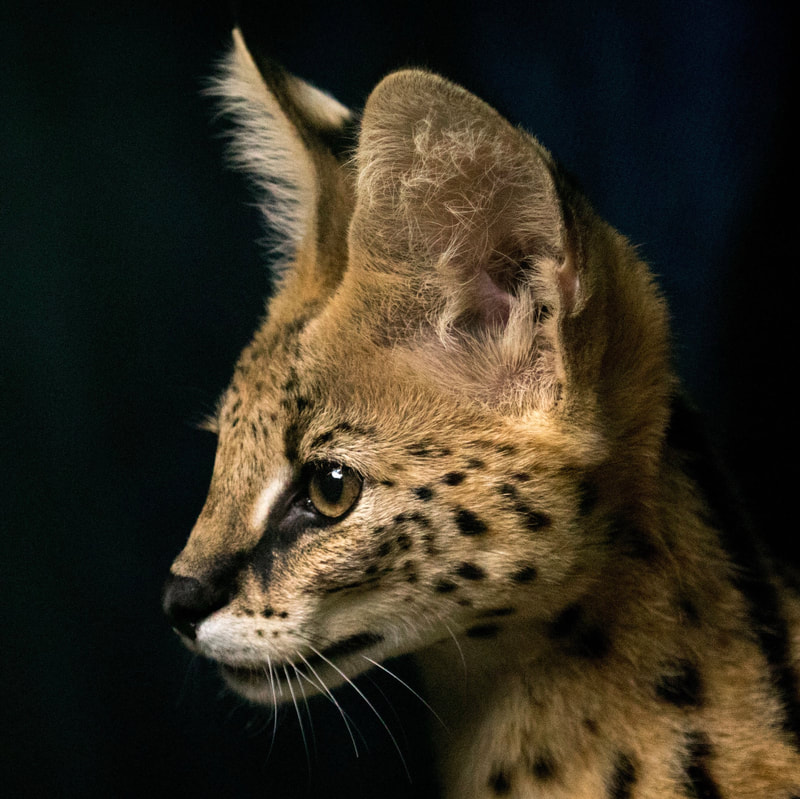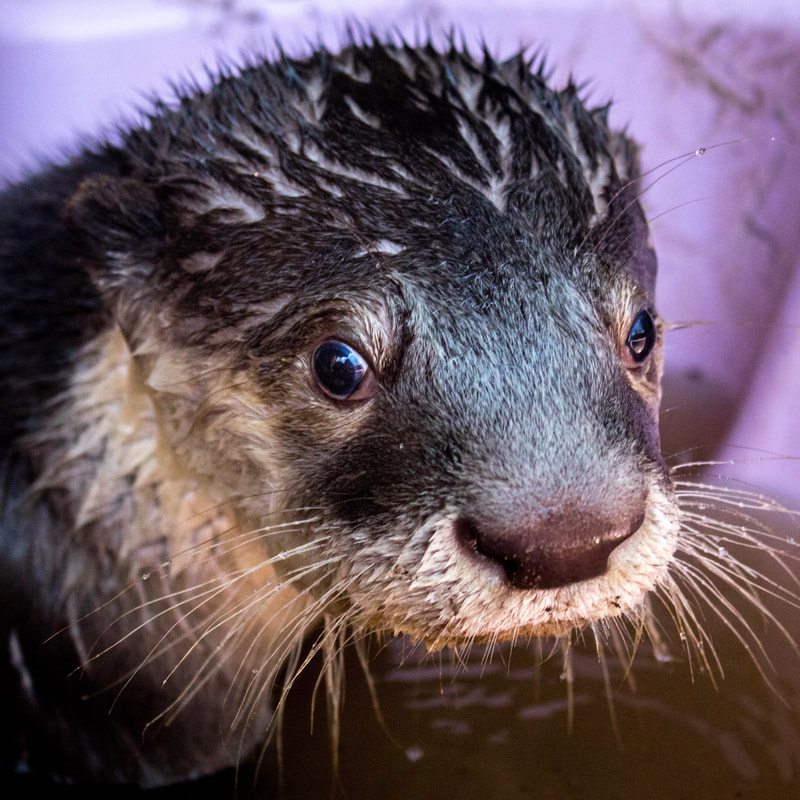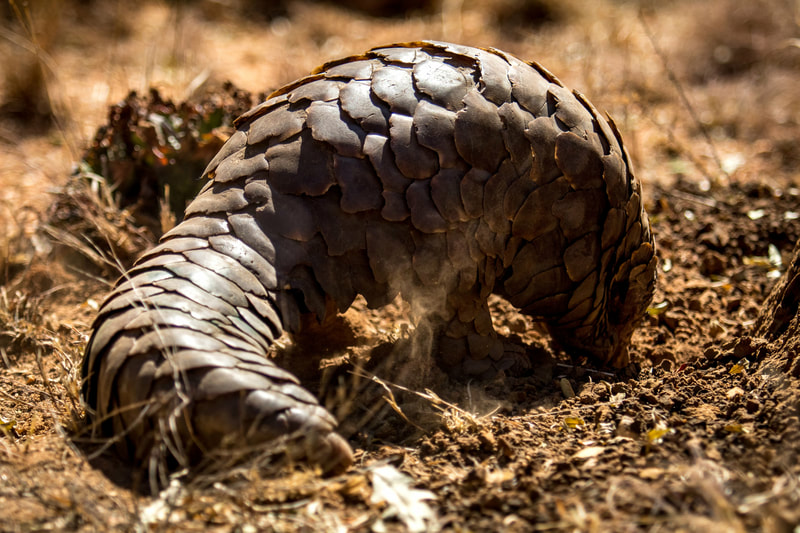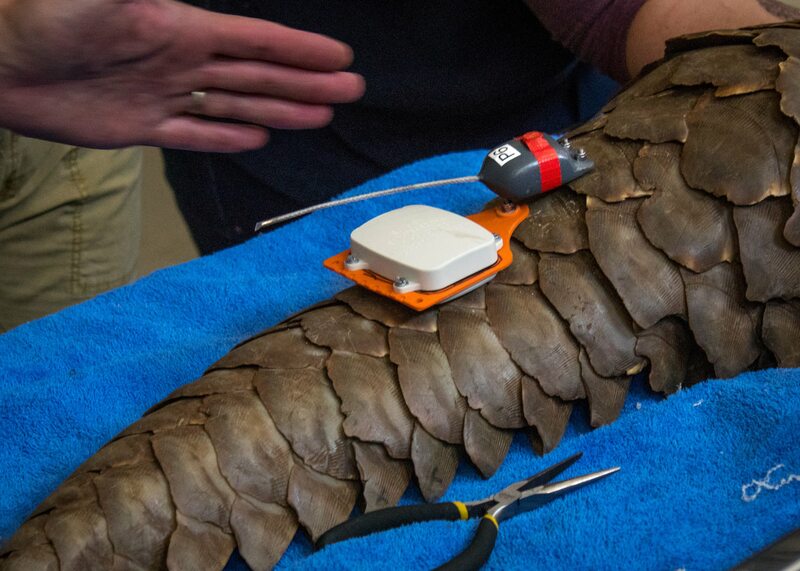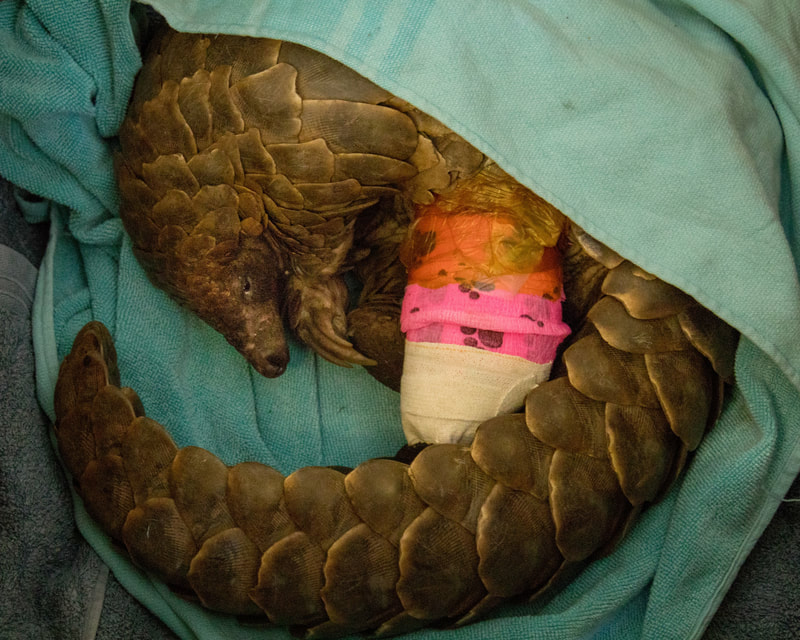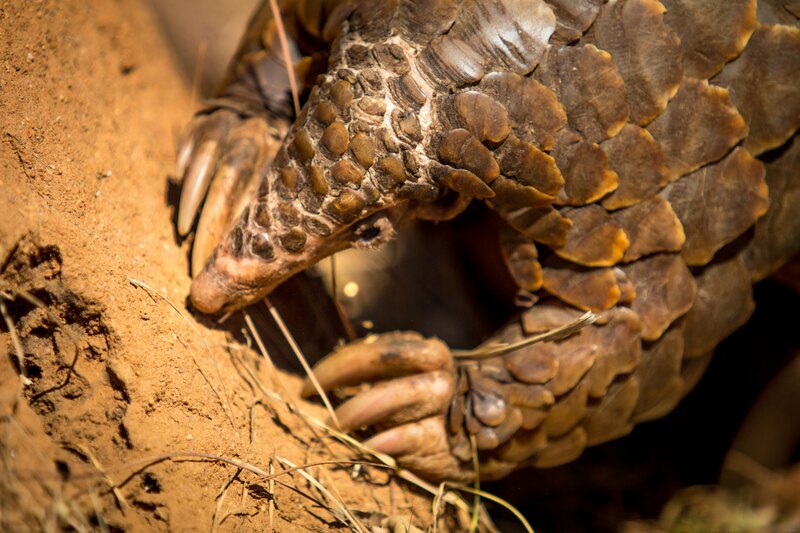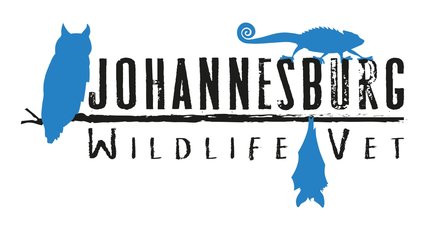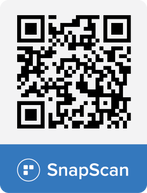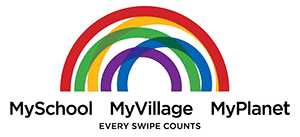Sponsor a species
Do you have a favourite animal? Do you want to ensure that your donation goes directly toward the care of a specific species? You are able to sponsor a species while they're in our care. When rehabilitating wildlife, it is best practice to simulate their natural environment as best we can. From the familiar garden birds, our more unique patients like porcupines and otters, or the elusive pangolin - all our indigenous urban wildlife have specific needs and you can ensure that these needs are met!
Your sponsorship will contribute to the care, enrichment and cage 'furniture and decor' for the specific species the enclosure is currently a temporary home for. This ultimately ensures that their rehabilitation and ultimate release are as seamless as possible.
Ultimately, your sponsorship will go a long way to ensure that we offer the best care possible for your favourite species.
Why not give the gift of paying it forward and get someone special one of our gift certificates! Choose a species below, and click here to get a certificate for your loved one: Sponsor a species
Your sponsorship will contribute to the care, enrichment and cage 'furniture and decor' for the specific species the enclosure is currently a temporary home for. This ultimately ensures that their rehabilitation and ultimate release are as seamless as possible.
Ultimately, your sponsorship will go a long way to ensure that we offer the best care possible for your favourite species.
Why not give the gift of paying it forward and get someone special one of our gift certificates! Choose a species below, and click here to get a certificate for your loved one: Sponsor a species
|
GARDEN BIRDS
The garden birds we receive are thrushes, sparrows, robins, flycatchers, shrikes, cuckoos and many more. They could be orphaned nestlings, fledglings or injured adults. We need to understand each bird species’ unique behaviour to provide the most effective care. In addition, each species has unique dietary and habitat requirements, from fruit or insects for garden birds to hornbills and kingfishers needing a cavity (box or log) to hide in. Others might need a sand bath or, like the Burchell’s coucal, thick foliage to hide behind. R350 per month will help provide:
|
|
WATER BIRDS
Some water birds and larger birds we often rehabilitate are egyptian geese, herons, storks, coots, yellow-billed ducks, moorhens and hadedas. They have specific environmental needs which could include deep water baths, soft substrate to protect webbed feet and earthworm-filled soil to provide enrichment. R700 per month will help provide:
|
|
SMALL RAPTORS
Small raptors like owls, kestrels and accipiters (goshawks and sparrow hawks) are often treated at our hospital. Understanding what they naturally prey on and how they hunt helps us provide the correct food and husbandry. For them to recover sooner, they need to feel at ease and experience minimal stress. They are often with us for longer periods of time than other animals which impacts the cost to rehabilitate them effectively. R1100 per month will help provide:
|
|
LARGE RAPTORS
Large raptors such as eagles, buzzards and hawks each require careful handling and specialised rehabilitation expertise. These birds need large flight aviaries built from shade-cloth and timber to allow them to exercise wings and protect their feathers. We need to provide custom-specific designed perching to prevent foot ailments such as bumble foot. It is critical for large raptors to feed on natural prey to provide stimulation and balance their nutritional requirements. Some raptors can devour 8 day old chicks per day! R1500 per month will help provide:
|
|
SMALL HERBIVORES
Examples of small herbivores that we treat are porcupines, scrub hares, rock hyrax (dassies) and a variety of antelope species ranging from steenbok to duiker. Herbivore young require a different milk formula to other wildlife and each species has its own food requirements once weaned e.g. indigenous browsers, grass variety to graze, roots and tubers. Specially designed housing is required once these species are weaned as they need to be able to graze/browse. R900 per month will help provide:
|
|
SMALL CARNIVOROUS MAMMALS
Small mammals such as bats, hedgehogs, meerkats, squirrels, bush babies and genets are all considered small carnivorous or insectivorous mammals and have diverse behaviours and vastly different habitats. Neonate mammals need to be milk-fed and eventually weaned. Once weaned or healthy, they are moved to carefully simulated "mini habitats" to encourage natural behaviours and ensure comfort. Genets, bush babies and tree squirrels need climbing structures and hollow tree trunks as safe sleeping spots. Suricats (meerkats) need deep sand to dig tunnels to hide in, and are carefully introduced into social groups. Hedgehogs need plenty of insects scattered and hidden amongst leaf litter to provide natural enrichment. We raise approximately 100 bats of various species, every year. Once weaned, they are placed in long bat flight tunnels to exercise and get fit. R1100 per month will help provide:
|
|
LARGE CARNIVORS
Examples of large carnivores that we treat are serval, caracal, otters and honey badgers. Our large carnivore enclosures need to be sturdy to ensure animal and human safety. If orphaned, species like otters and honey badgers require a long, slow rehabilitation process of stimulation and enrichment, i.e. deep pools and burrowing opportunities. Serval and caracal need secure enclosures with logs and tree trunks to encourage climbing. Soft releases take a long time, so our specialised knowledge is critical. R3000 per month will help provide:
|
|
PANGOLIN
Pangolin are the most illegally trafficked mammal on earth. We treat all ground pangolin confiscated from the illegal wildlife trade in South Africa. They are usually compromised – they have often not had food or water for up to 2 weeks, been kept confined and subjected to high levels of fear and stress. This protected and endangered species has very specific husbandry requirements which are hands-on and involve time. The medical cost to treat these animals is high. R10 000 per month will help provide:
|
Banking details:
BANK TRANSFER:
Johannesburg Wildlife NPC
FNB Cheque account
Account nr: 62658400264
Branch code: 255355
Swift code: FIRNZAJJ
CLICK HERE to check out our other donation channels.
BANK TRANSFER:
Johannesburg Wildlife NPC
FNB Cheque account
Account nr: 62658400264
Branch code: 255355
Swift code: FIRNZAJJ
CLICK HERE to check out our other donation channels.
All treatment of wildlife is free of charge and we rely solely on the support of our community and corporate sponsors.
PLEASE SUPPORT US AND HELP US KEEP WILDLIFE WILD!
PLEASE SUPPORT US AND HELP US KEEP WILDLIFE WILD!

